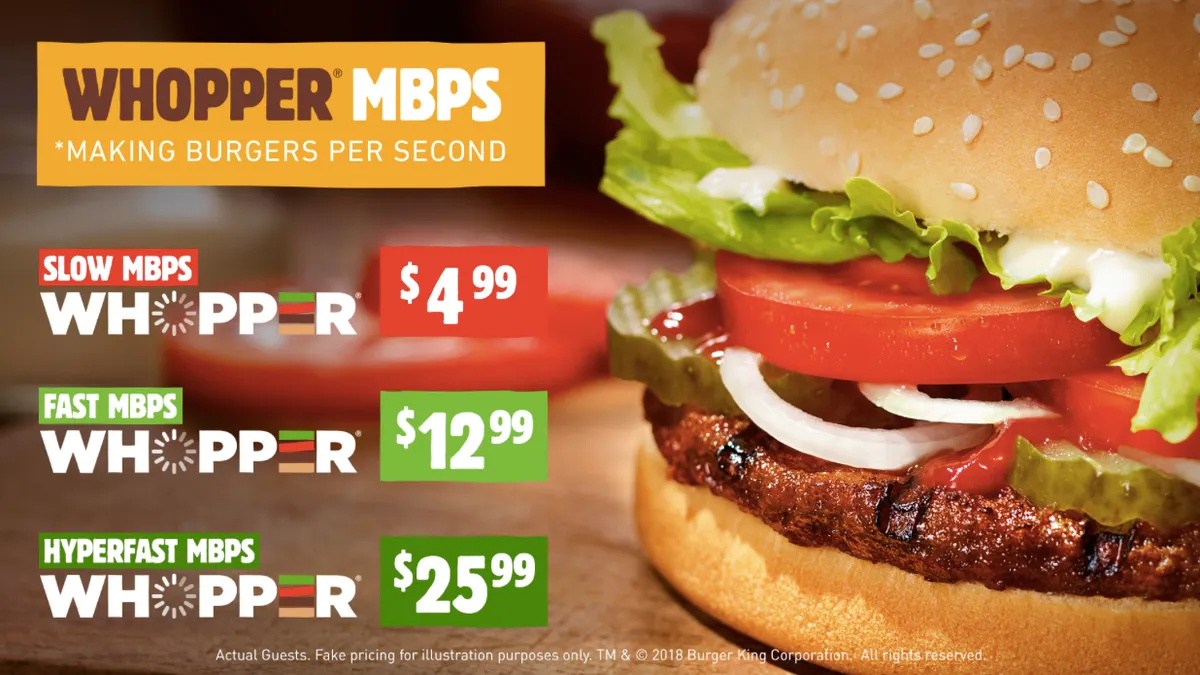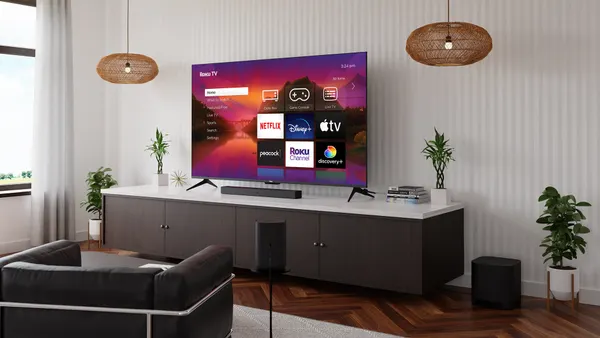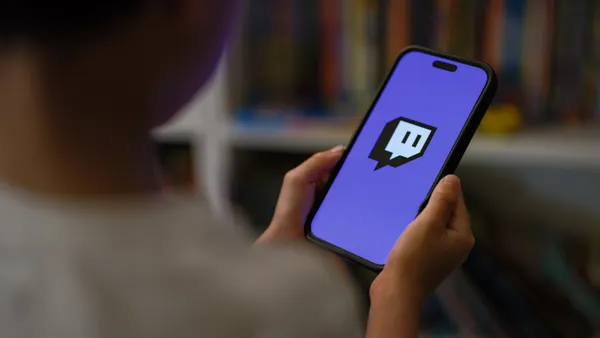Dive Brief:
- Burger King released a video, called “Whopper Neutrality,” to demonstrate the possible effects of the repeal of Net Neutrality, which allows internet providers to block and prioritize content, offer paid fast lanes and control bandwidth, a news release announced.
- The fast food brand re-enacted scenarios of what the repeal could mean with real-life customers buying Whopper sandwiches at a restaurant’s counter. People purchasing burgers at the regular price had to wait longer to receive their orders than customers who paid more for faster service. In other instances, customers were handed an empty bag, but had to wait a little longer for their burger. The scenarios caused irritation and anger among customers, until the experiment was explained to them.
- “Whopper Neutrality” was released on Burger King’s social media channels. The company is also asking customers to sign a Change.org petition, titled “Save Net Neutrality.”
Dive Insight:
While a number of brands are building social awareness into their marketing, Burger King is one of the few tackling broad issues that don't, at first glance, relate directly to the brand's positioning. Burger King tackled bullying in a similar way last fall. The strategy has earned it some positive word of mouth and could help gain the attention of younger consumers, many of whom are passing over traditional fast food chains in favor of options perceived to be healthier. The Whopper Neutrality video received more than 1 million views on YouTube within 24 hours of going live. Chains like Burger King, McDonald's and others are also embracing technology to win over smartphone-savvy consumers through services like mobile ordering.
Supporting political and social issues is growing as a strategy for brands in response to consumer demand. About 70% of consumers feel that brands should take public stances on issues like immigration and race relations, a Sprout Social survey found. More than half of those surveyed also thought brands should share those opinions on social media.
The Whopper Neutrality experiment and campaign falls in line with consumers’ expectations for brands to take action. The video aims to educate consumers on how they could be impacted by the Federal Communications Commission’s repeal of Net Neutrality and encourages them to sign a petition to save it. Even though the FCC voted to end Net Neutrality late last year, multistate lawsuits and Congressional involvement could keep the controversy going for a while.
Last year, the fast food chain released a three-minute video to uncover how real customers would respond to a bullied teenager versus a bullied Whopper in one of Burger King’s restaurants. The video found that 95% of consumers reported the bullied burger — the smashed burger they were served — but only 12% stood up for a high schooler who was being bullied by other teens in the restaurant.
In the current divisive political and social climate, marketers using their messaging for good and creating more cause-driven content have an opportunity to drive social engagement and create customer loyalty. Consumers also like to see brands donate to social causes and encourage their followers to do the same, the Sprout Social survey found. Encouraging customers to take some kind of action towards a cause can help brands foster a connection and build trust.













